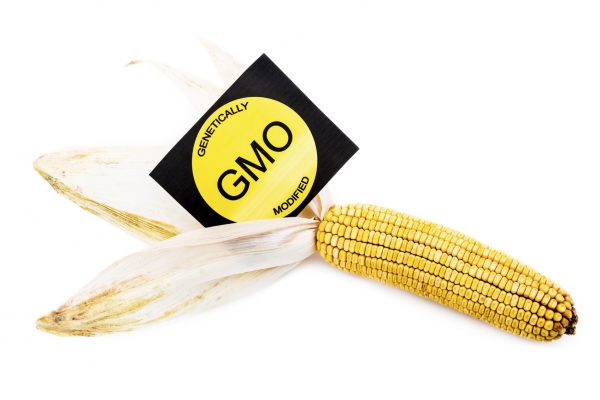GMO Bt crops are failing, and farmers are angry about it

Published: December 3, 2020
Category: The Organic & Non-GMO Report Newsletter, GMO News
Proponents of genetically engineered crops have often pointed to insect resistant Bt crops as a great success. Now it appears that success is turning south as more insects are developing resistance to the crops, forcing farmers to use more toxic insecticides.
Bt crops contain genes from the bacillus thuringienesis bacteria that is lethal to pests such as corn rootworm and cotton bollworm. Scientists took Bt genes and inserted them into the DNA of corn and cotton plants to make them resistant to those pests. Bt crops were widely adopted by farmers in the late 1990s and early 2000s.
The crops were initially hailed as a success as farmers used fewer insecticides. But nature adapts, and now those insects are developing resistance to the GMO plants.
David Kearns, an entomologist at Texas A&M, told National Public Radio that farmers are angry about the failure of the Bt crops.
“There are words I can’t use,” he says, “but they want to know what the heck they’re doing, paying for a technology and then they’re still having to spray.”
Scientists have long warned that insects would develop resistance to Bt crops and pushed the Environmental Protection Agency to limit the amount of land on which farmers could plant Bt crops. This would make it less likely that pests would develop resistance to the crops. But the biotechnology industry resisted that strategy.
The EPA has proposed phasing out more than 40 varieties of Bt corn and cotton over the next three to five years because of the insect resistance problem.
Julie Peterson, an entomologist at the University of Nebraska, says that if current farming practices don’t change, all of the Bt genes on the market will fail within a decade.
Source: National Public Radio
To view source article, visit:




